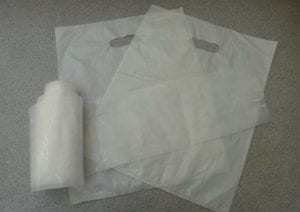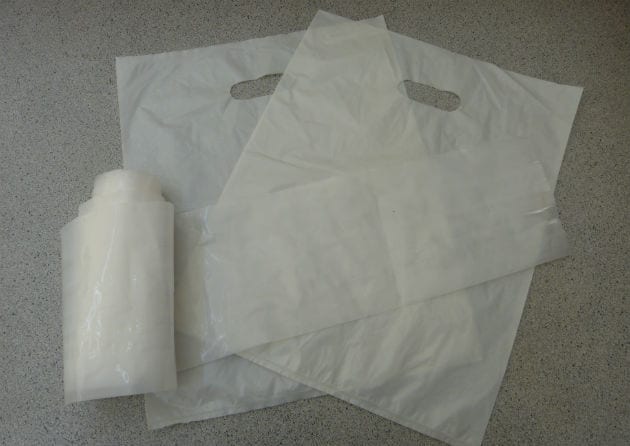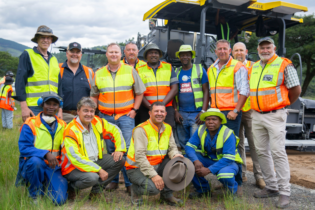As far as costs go, Muniyasamy said the new bags will initially cost two to three times more to manufacture compared to conventional plastic bags‚ but added that costs would decrease once they are produced at a higher rate.
He said his team hopes to provide interested stakeholders with pilot samples by September, and that they expect the product to be in its commercial stage by early 2018. The recycling of plastic bags recently caused a stir after it was found that supermarkets that claimed to be using bags that were recycled, were in fact not. In the initial article which was published by the Sunday Times, it mentioned that in order “to cut costs, plastic manufacturers, known as converters, started adding chalk (calcium carbonate) as a cheap filler to the mix, sabotaging the mechanical process used to recycle the bag”. While greater recycling efforts are desperately needed due to the country’s lack of landfill airspace, Jacques Lightfoot, sustainability manager at Plastics|SA, said the new bags would provide many solutions, however he was concerned about whether it would “destroy our recycling sector”. He explained that the problem for his sector was that normal plastic bags were also being recycled, therefore, if the new biodegradable bags are not marked correctly they will contaminate normal bags if they are stored together. “We hope it doesn’t affect our recycling industry,” he said. *Parts of this article were sourced from TimesLIVE
Plastic shopping bag waste could soon be a thing of the past. This follows the development of 100% biodegradable plastic bags by a team of scientists from the Council for Scientific and Industrial Research (CSIR) Polymer and Composite Research Group in Port Elizabeth.
The bags consist of agricultural by-products and are maize and sugar cane bio-based. The CSIR said the bags were completely biodegradable in mud‚ soil‚ water and compost and would break down completely in three to six months.
The technology used to create the bags is said to be so advanced that it is also possible to recycle that bags themselves. Retailers and grocery chains such as Pick n Pay and Woolworths are also said to be keen to test the bags in a pilot project.
The CSIR’s research team was led by Sudhakar Muniyasamy. He explained that the new product had the same durability as normal plastic bags but with many more advantages.
“These biodegradable plastic bags can improve market opportunities and end-user industry and reduce the amount of plastic waste in South Africa‚” Muniyasamy said.
He went on to explain that the technology was mainly designed to meet physical-chemical properties, but that after its use, when disposed in natural environments it will undergo biodegradation in landfill‚ compost and marine water by process of natural microorganisms quickly and efficiently.
Currently, almost 90% of plastic bags in South Africa are made from petroleum based chemical materials and are not biodegradable in natural environments.








